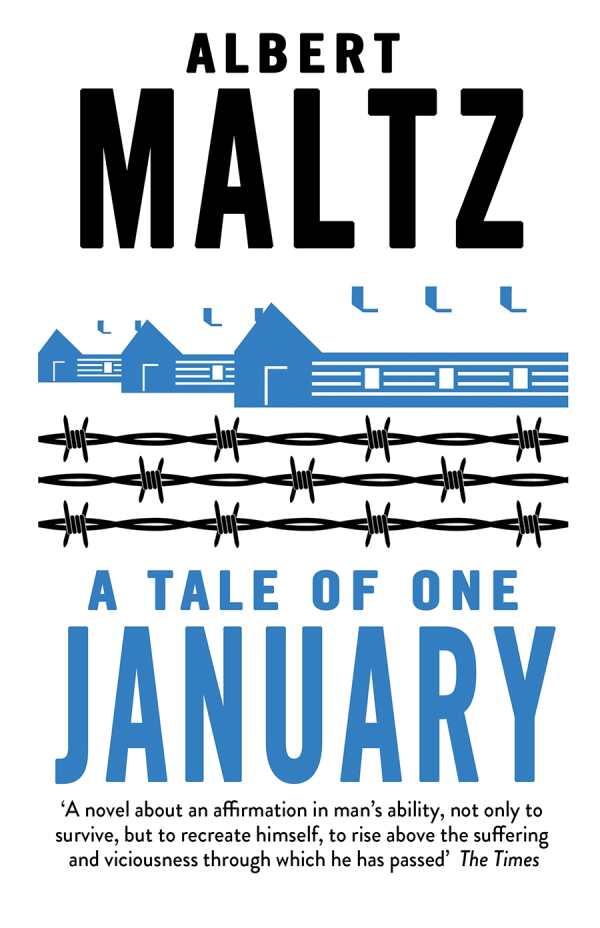A Tale of One January
Albert Maltz’s novel A Tale of One January is about the desire for survival and human connection in the face of fear and death.
Originally published in Great Britain in 1967, the novel is set in Poland in 1945. In it, six people from different nations escape from Auschwitz and end up hiding together. Their group includes two women, Lini and Claire, and four men, Otto, Jurek, Andrej, and Norbert. They hide in a haystack to escape the last two death marches and then make their way through a wintry forest to reach a small town just beyond the Polish border. There, they settle in an abandoned factory. Burgeoning feelings and yearnings develop as they navigate their newfound freedom.
The characterizations are rich with psychological depth. People reveal their personal tragedies in conversation, intensifying the emotional pull of the novel as it progresses. Its pacing is deliberate, and its pivotal scenes resonate with emotion. When Jurek obtains a small mirror from a Polish farmer, the group’s fear and shock over seeing themselves for the first time since before they were imprisoned is palpable.
Evocative, accessible language dominates. When the group arrives in the factory, “the clear air was filled with odours that each of them could smell: the fetid blocks in which they had lived … their own bodies unwashed week after week.” Amid the pain and tragedy they face, there are surprising moments of lightness, and of laughter and sardonic gallows humor. Though there is a sense that the book’s end is predetermined, the group’s dreams for their futures emphasize their will to hope.
Maltz based A Tale of One January on interviews with a Jewish woman whom he met after the war; the novel’s revival is long overdue. It is a necessary addition to Holocaust literature.
Reviewed by
Monica Carter
Disclosure: This article is not an endorsement, but a review. The publisher of this book provided free copies of the book to have their book reviewed by a professional reviewer. No fee was paid by the publisher for this review. Foreword Reviews only recommends books that we love. Foreword Magazine, Inc. is disclosing this in accordance with the Federal Trade Commission’s 16 CFR, Part 255.

